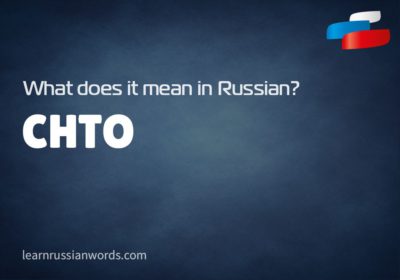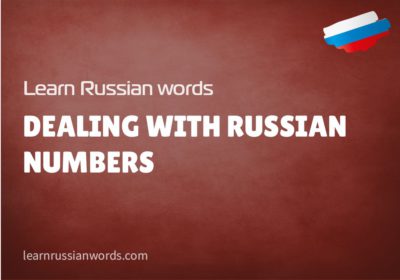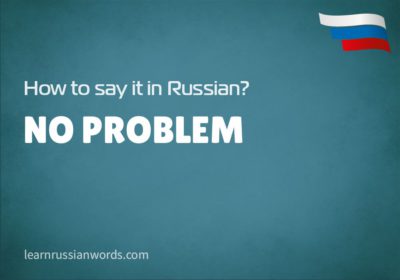The publication of new Words of the Day is temporarily paused (read more).
Feel free to re-discover the previously posted vocabulary.
Feel free to re-discover the previously posted vocabulary.
How to say
"Mankind" in Russian
Russian word of the day | Jan 27, 2022 (see all)
Morphemic analysis
человечество
root: человеч
suffix: еств
ending: о
suffix: еств
ending: о
Etymology
человек - human, personExamples of "Mankind" in Russian
Declension of the word человечество
| Case | Singular | Plural |
|---|---|---|
| Nominative Nom. | челове́чество | челове́чества |
| Genitive Gen. | челове́чества | челове́честв |
| Dative Dat. | челове́честву | челове́чествам |
| Accusative Acc. | челове́чество | челове́чества |
| Instrumental Inst. | челове́чеством | челове́чествами |
| Prepositional Prep. | челове́честве | челове́чествах |
Additional examples
Челове́чество уже́ мно́го веко́в и́щет отве́ты на вопро́сы об о́бщей систе́ме мирозда́ния.
chee-la-vyé-cheest-va u-zhé mnó-ga vee-kóf ée-schyet at-vyé-ty na va-pró-sy ab óp-schyeî sees-tyé-mye mee-ra-zdá-nee-ya
Humanity has been searching for answers to questions about the general system of the universe for many centuries.
Russian lesson of the day
Russian Lesson of the Day allows you to practice the vocabulary you learn with us using the method of spaced repetitions.
You might also like
- Capitals of Russia throughout time
- What gender? - Russian grammar test
- How to say WHAT in Russian
- Russian folk crafts - Stories and pictures
Did you know?
2 thoughts on “Человечество”
Do you have any questions? We are here to help!
Photo source: People photo created by jcomp - www.freepik.com










Anita says:
Hello, I suppose the его́ in the first example refers to челове́чество. I just find it confusing that it is put in front of часть which is feminine. Sometimes I find the word order in Russian very strange like in this example, I suppose бо́льшая часть его́ is Ok as well? Thanks.
Learn Russian Words says:
Hi Anita,
Yes, его refers to человечество. The order indeed can be confusing, especially when it comes to possessive pronouns.
You can say “бо́льшая часть его́”, the sentence will still make sense, but I find this order a bit unnatural. Particularly because when you say “a part of it / its part”, the most natural way is to put the pronoun first: его часть (not часть его).
It is the same with any noun that goes with a possessive pronoun (in a statement): твоя сумка (not сумка твоя).
I think it’s easier to grasp with a more literal translation: “For the first time in the history of mankind, the biggest its part lives in cities.”